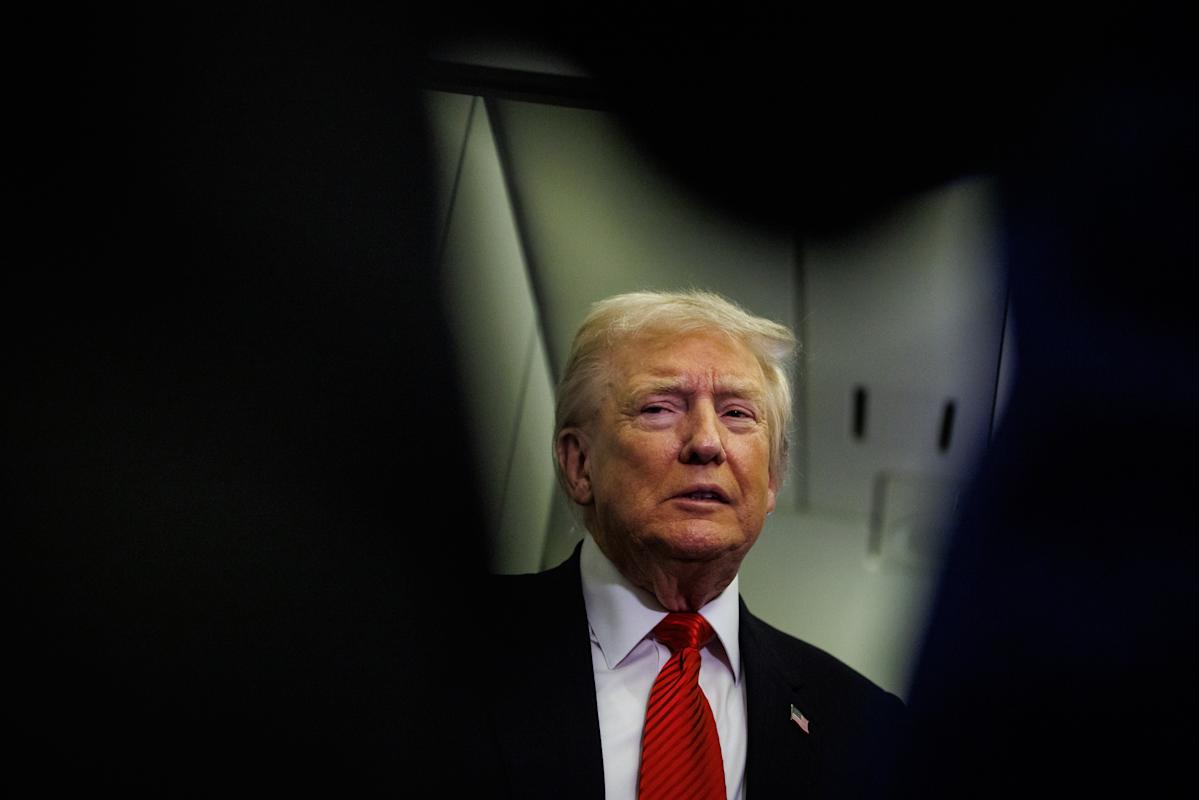Looking to experts for how the Supreme Court will rule on tariffs? They aren’t sure either.
Tariff watchers have had this Wednesday circled on their calendars for weeks now, as the Supreme Court is set to hear arguments on the legality of the authority President Trump has used to impose the lion’s share of his tariffs.
That’s in part because observers are split about how things will play out once deliberations begin and ahead of a decision that could come before the end of the year.
The case — formally known as Learning Resources, Inc. v. Trump — is one that experts in both the legal and trade space are calling a toss-up. And it’s made all the more fraught by Trump’s keen personal interest in the outcome and a White House public pressure campaign already in evidence.
As for the projections, the odds are notable in how little confidence there is in any outcome.
In a Yahoo Finance interview recently, both Raymond James managing director Ed Mills and Veda Partners managing partner Henrietta Treyz floated coin-flip level 50% odds, with Treyz adding a base case from “50% to 65% odds that the Supreme Court will side with two lower courts and say the president doesn’t have this authority.”
Terry Haines of Pangaea Policy leans the other direction and told clients this week he thinks a pro-tariff decision is slightly more likely, “but the case isn’t a slam dunk either way, and may well not yield a simple binary yes/no result on tariffs.”
The case centers on a 1977 law called the International Emergency Economic Powers Act (IEEPA), which gives the president the ability to declare an economic emergency and take action but doesn’t specifically outline tariffs as a remedy.
Trump and his team have seized on the law to declare a variety of economic emergencies — over issues from fentanyl to trade imbalances and more — and then impose blanket tariffs on the world in response.
Read more: What Trump’s tariffs mean for the economy and your wallet
The plaintiffs in the case say the president has gone too far, and some have even floated the chance that the Trump administration may need to refund the tariffs if a decision doesn’t go his way.
Meanwhile, other Trump tariff authorities — such as the so-called “Section 232” tariffs that have allowed sector-specific duties on goods like automobiles and steel — are not up for debate this week.
In an already volatile week for stocks, markets will likely have only the tone and tenor of the justices’ questions to go on.
“Beware of any overreaction,” Brian Gardner, Stifel’s chief Washington policy strategist, warned investors in his own note. His expectation is that markets are pricing in a likely victory for Trump’s side but that the back-and-forth could upset expectations.



Leave a Comment
Your email address will not be published. Required fields are marked *